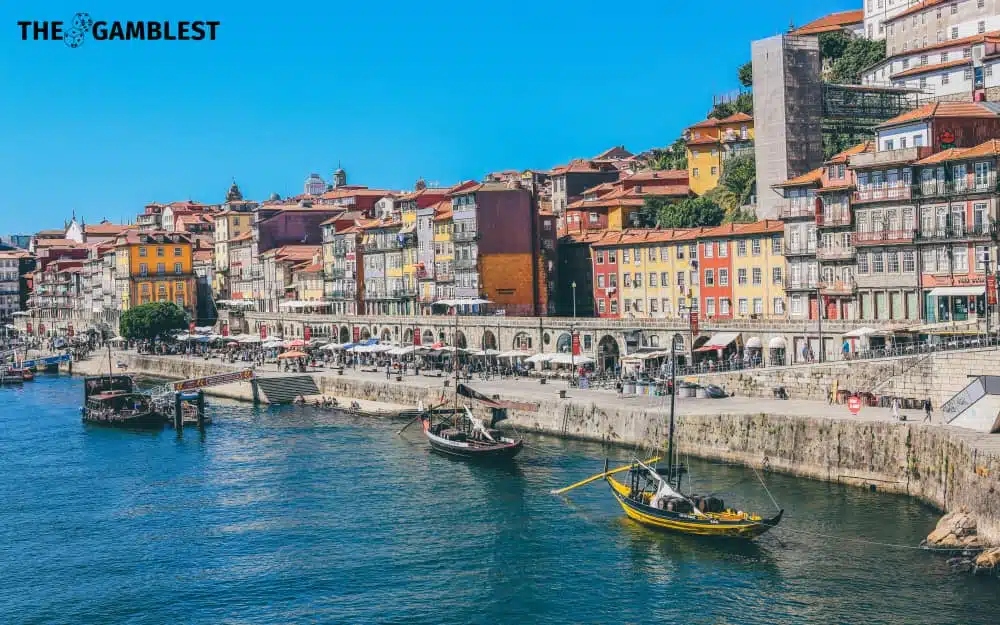
The Portuguese online gambling trade association, APAJO, has filed criminal complaints against several social media influencers for allegedly promoting unlicensed gambling sites to Portuguese players.
APAJO is urging authorities to intervene to prevent influencers from marketing illegal iGaming services.
The complaints target influencers Bruno Savate, GODMOTA, Cláudia Nayara, and Numeiro, as well as the brands Vem Apostar!, Betify, Monro, Weiss, BC Game, Starda, Stake, and Wolfi. APAJO claims that these influencers’ channels on platforms like Twitch and TikTok reach a combined audience of 2.8 million followers, likely including many minors.
APAJO stated:
Recently, we have filed criminal complaints against several content producers who promoted illegal gambling through social media to millions of followers. These online gambling operators do not have a licence to operate in Portugal.
The association estimates that black market gambling results in €100 million in lost tax revenue annually for Portugal. It has called for the national gambling regulator, Serviço de Regulação e Inspeção de Jogos (SRIJ), to be granted more powers and to adopt measures used by other European regulators to address the issue.
APAJO president Ricardo Domingues emphasized:
The fight against illegal online gambling through legal and other means must be made a priority. The licensed sector wants to highlight the importance of this issue, which is still largely ignored.
In May, Spain confirmed that regulations for social media influencers will be implemented under a new Law on Audiovisual Communication. This bill, believed to be Europe’s first dedicated framework for the industry, will require social media influencers to adhere to existing gambling advertising rules and other measures.
Drafted by the Ministry of the Economy, the bill aims to establish legal rights for content creators, vloggers, and influencers engaging Spanish audiences on social media. This includes intellectual property rights. However, it also imposes regulations to protect minors from adult content. Major content creators will need to register their businesses and media profiles with the State Registry of Audiovisual Providers and disclose all income-generating activities. They will also assume editorial responsibility for their channel content.
















